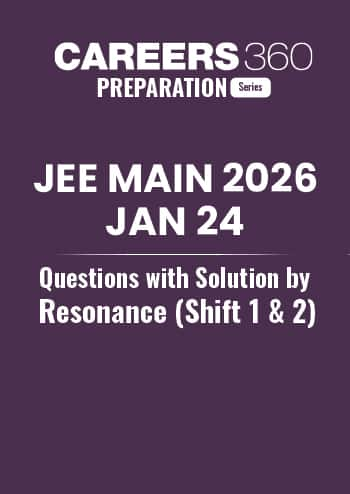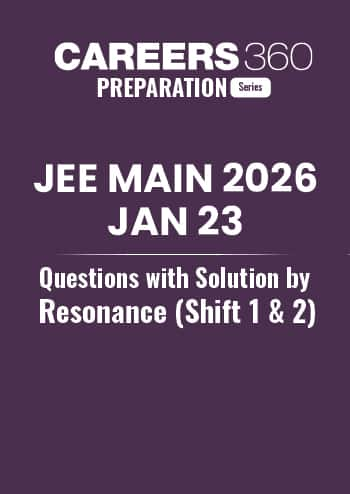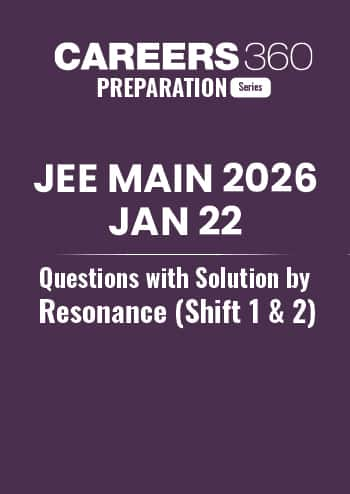Ionic Equilibrium - Practice Questions & MCQ
Quick Facts
-
11 Questions around this concept.
Solve by difficulty
Which of the following is the unit of ionic mobility?
For the given reaction, choose the correct expression of KC from the following:-
$\mathrm{Fe}_{(\mathrm{aq})}^{3+}+\mathrm{SCN}_{(\mathrm{aq})}^{-} \rightleftharpoons[\mathrm{FeSCN}]_{(\mathrm{aq})}^{2+}$
For which of the following electrolyte equilibrium establish upon ionisation?
JEE Main 2026: Result OUT; Check Now | Final Answer Key Link
JEE Main 2026 Tools: College Predictor
JEE Main 2026: Session 2 Registration Link | Foreign Universities in India
Concepts Covered - 1
Types of substances
Substances are of two types:
- Non-Electrolyte: Their aqueous solution or molten state does not conduct electricity. Example, solution of urea, glucose, sugar, glycerine etc.
- Electrolyte: Their aqueous or molten state conducts electricity.
Strong Electrolyte: These are much ionized in water, and hence show more conduction. Example, Strong acids like HCI, H2SO4, HNO3, strong bases like MOH, MOH2. Example, KOH, NaOH, etc. and salt of strong acid or strong base like NaCl, CH3COONa, NH4X, etc.
Weak Electrolyte: These are less ionized in water so show less conduction. Example, weak acids like CH3COOH, HCN, H3PO4, H2CO3, weak bases like NH4OH and their salts like NH2CN, CH3COONH4, etc.
Degree of lonization: It is the extent to which an electrolyte gets ionized in a solvent. It is shown by or x.
depends on the following factors:
- Nature of solute and solvent: For strong electrolytes,
is more than that for weak electrolytes.
is directly proportional to dielectric constant of solvent.
- The degree of dissociation of weak electrolyte ∝ Dilution
∝ 1/Concentration
∝ Temperature
Study it with Videos
"Stay in the loop. Receive exam news, study resources, and expert advice!"













